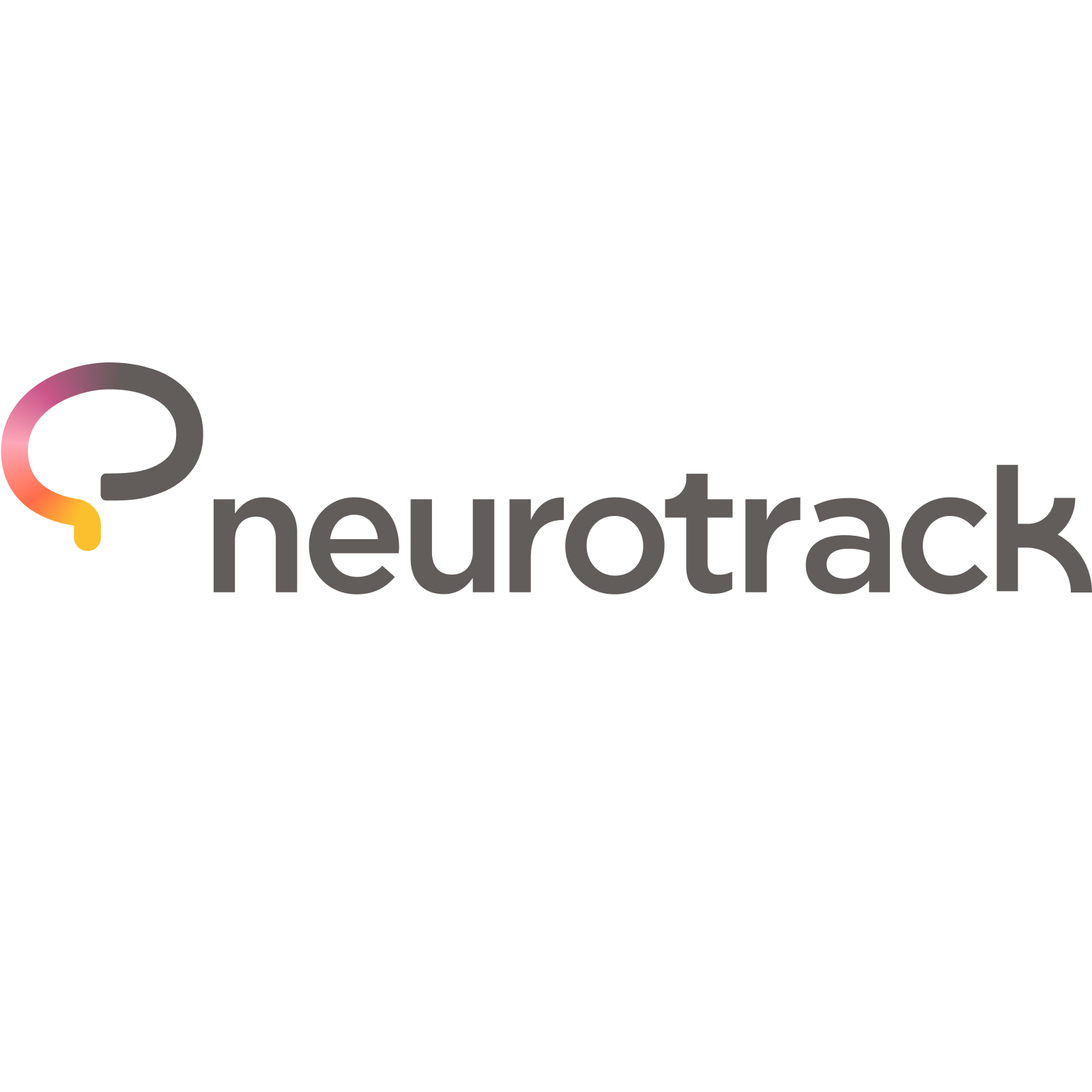Start Building Your Strength
You’re starting strength training to help your brain. Great job. Strength work can support brain health. Moving your muscles sends helpful signals to your brain. This can improve mood and thinking. Regular exercise also raises proteins that help learning and protect brain cells.
You may also feel sore. That is normal. It means you used your muscles in a new way. Most soreness fades in a few days. If pain is strong or lasts longer, make your next workout easier and shorter.
It’s okay to start small. Add time and weight slowly. That is safer for your joints and helps you stick with it.
Here are easy ways to make strength work gentle:
- Use slow, controlled moves. Breathe out on the effort.
- Start with light weights or body weight. Add a little more only when it feels easy.
- Mix strength with short, easy cardio (like a 5–10 minute walk) to warm up and cool down. This supports blood flow to the brain and body.
- Take rest days. Your body rebuilds between sessions.
If something feels too uncomfortable, stop. Choose the kinder option. Building up slowly keeps you moving—and supports your brain for the long run.
References:
- Hu F, Peng J, Wang W, Shen L, Jia M. Comparing the impact of various exercise modalities on old adults with Alzheimer’s disease: A Bayesian network meta-analysis. Complementary Therapies in Clinical Practice. 2025;59:101968. https://doi.org/10.1016/j.ctcp.2025.101968
- Zhao R. Exercise mimetics: a novel strategy to combat neuroinflammation and Alzheimer’s disease. Journal of Neuroinflammation. 2024;21(1). https://doi.org/10.1186/s12974-024-03031-9
- Cotman CW, Engesser-Cesar C. Exercise Enhances and Protects Brain Function. Exercise and Sport Sciences Reviews. 2002;30(2):75-79. https://doi.org/10.1097/00003677-200204000-00006
- Pedersen BK. Physical activity and muscle–brain crosstalk. Nature Reviews Endocrinology. 2019;15(7):383-392. https://doi.org/10.1038/s41574-019-0174-x
- Cabral DF, Rice J, Morris TP, Rundek T, Pascual-Leone A, Gomes-Osman J. Exercise for Brain Health: An Investigation into the Underlying Mechanisms Guided by Dose. Neurotherapeutics. 2019;16(3):580-599. https://doi.org/10.1007/s13311-019-00749-w
- Lock S. Global Council on Brain Health: Advancing International Dialogue to Promote Well-Being. Innovation in Aging. 2017;1(suppl_1):40-40. https://doi.org/10.1093/geroni/igx004.158
- Centers for Disease Control. Growing Stronger: Strength Training for Older Adults. Centers for Disease Control. Accessed September 2, 2025 https://www.cdc.gov/physicalactivity/downloads/growing_stronger.pdf


